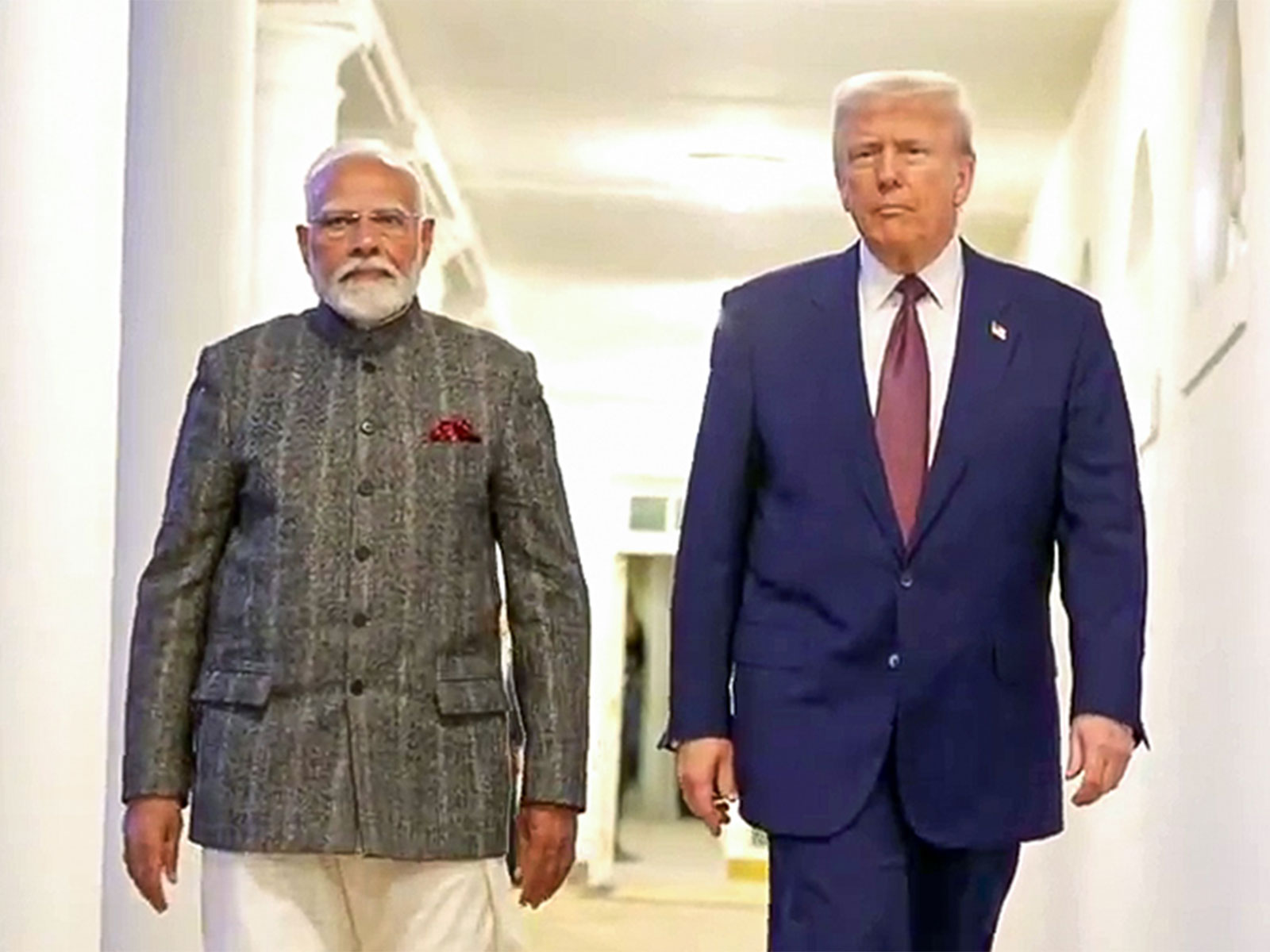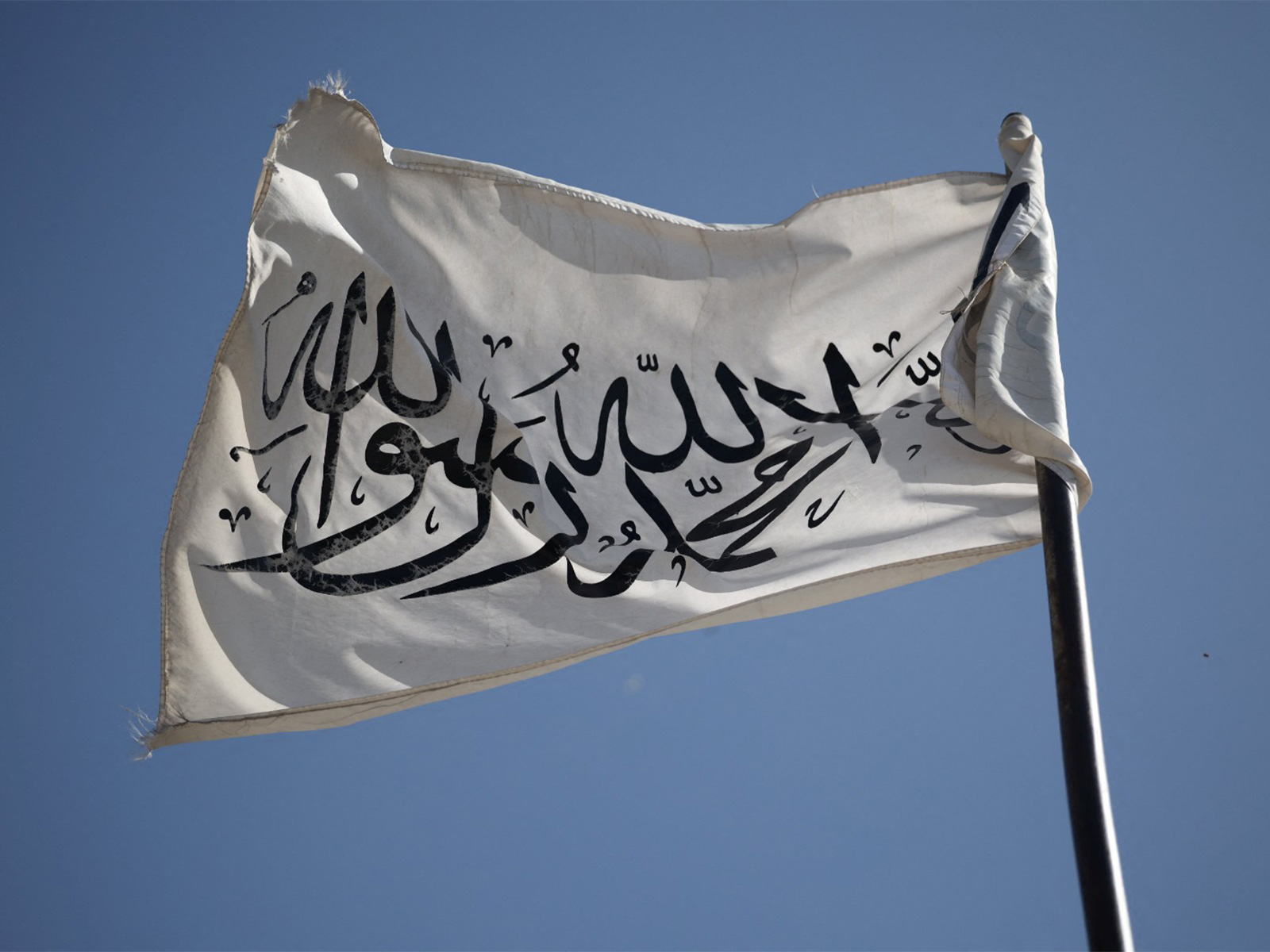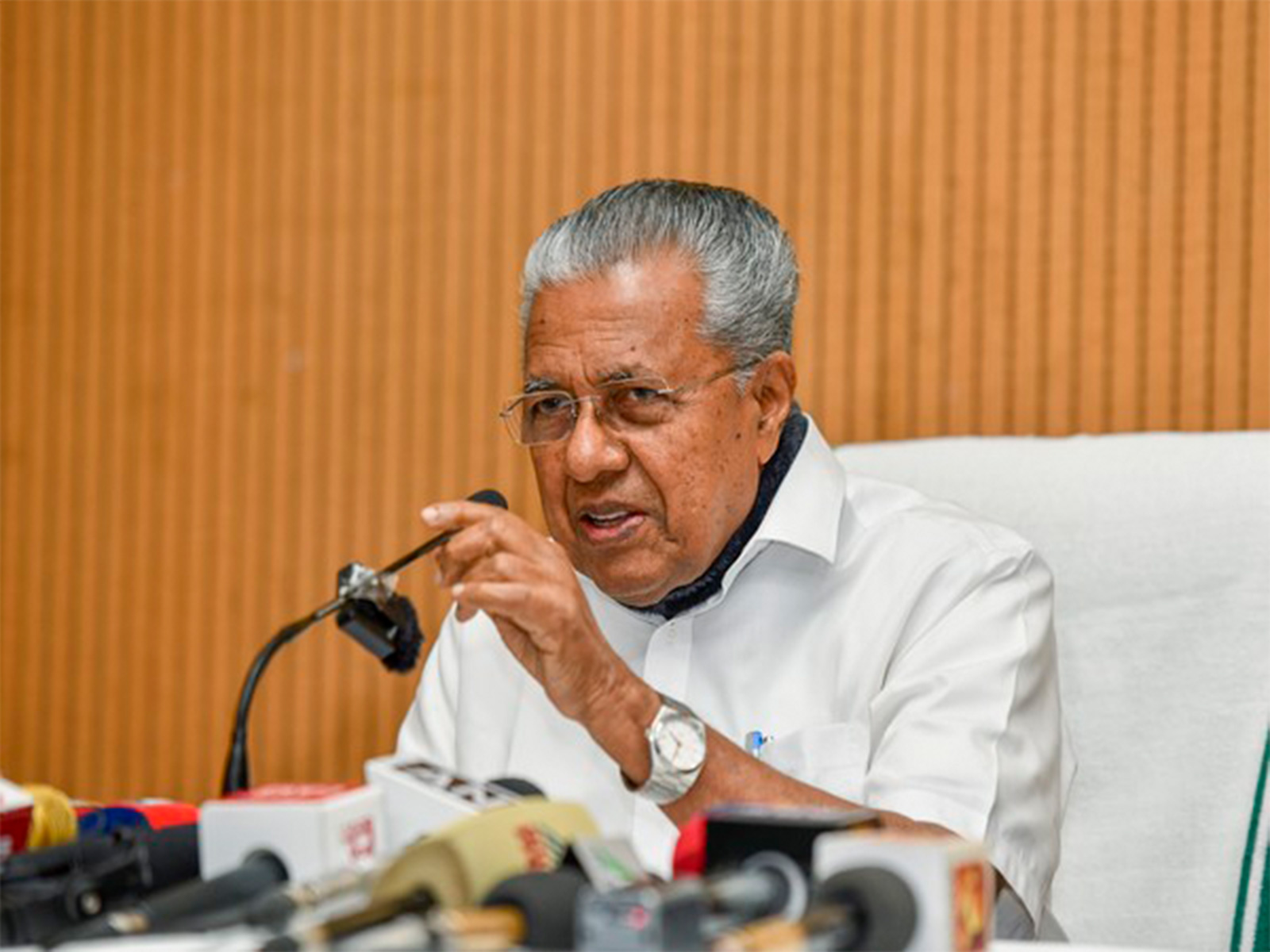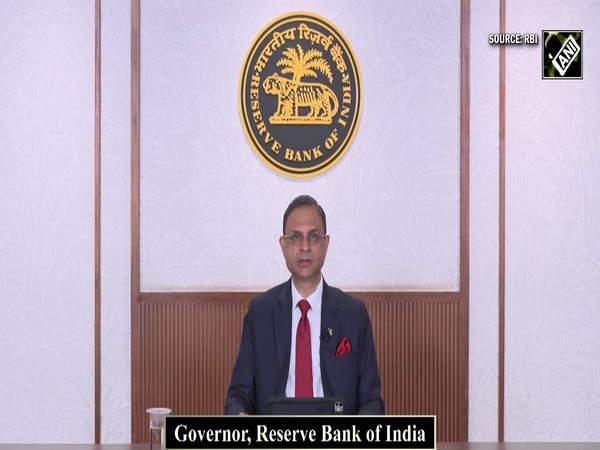Pakistan: No-trust vote against Imran Khan boosts Praetorian democracy
Mar 30, 2022

Islamabad [Pakistan], March 30 : The Praetorian Democracy of Pakistan has only been strengthened by the recent developments, endangering Imran Khan's government amid the no-confidence motion scheduled for March 31.
The imminent demise of the Imran Khan regime has re-established the primacy of the Pakistan Army in the politics of the country. A paraphrasing of a Biblical verse - The Army giveth and the Army hath taken away; blessed be the name of the Army - sums up the state of democracy in the Islamic state, reported European Times.
Pakistan is a praetorian democracy in which the military dominates and guides the basic rules of the game while civilian governments have very little say over the important policies of the state like defence, foreign, and internal security.
In Pakistan's Praetorian democracy, even a minority government can survive a full term if it has the support of the military; conversely, even a government enjoying a two-thirds majority can be thrown out if the Army turns against it.
Ostensibly, Imran Khan is going to be ousted from office through a democratic exercise - a no-confidence motion. But this move by the opposition parties could never have succeeded if the all-powerful military had not pulled out of its support for the Imran Khan government, reported European Times.
Imran Khan had been brought into power by the Pakistan Army which manipulated the judicial system, indulged in political shenanigans to build up Imran Khan's party, and fiddled with the electoral process to ensure his victory; his exit also has the blessings of the military which turned 'neutral' and snatched away the crutches that kept Khan in power.
Getting rid of Imran Khan was never really a problem for the military in Pakistan. The only problem was that there was no clarity on who or what would replace Imran Khan.
There was also another problem. The Army had invested a lot in Imran Khan since the beginning of the second decade of this century. It saw in Imran Khan the perfect stooge who would unquestioningly do its bidding. He was the military's 10-year project to alter the face of Pakistani politics, reported European Times.
But it all went horribly wrong. Governance was non-existent. Diplomacy was in shambles. Imran and his team members managed to rile every single one of Pakistan's benefactors and partners - China, Saudi Arabia, UAE, and the West. Relations with India went from bad to worse.
The economy was bankrupted because of the mismanagement and the cluelessness of his ministers. The bureaucracy was shuffled around like a deck of cards, with the result that it came to standstill.
Imran Khan also ignored the Army's advice on a host of issues ranging from political appointments to diplomatic initiatives. The tipping point came when Imran Khan thought he can play politics within the Army, pitting one general against another or playing favourites against some generals - former ISI Chief Faiz Hameed and ISPR Chief Asif Gafoor.
Imran breached the military's red line when he tried to interfere and stall the transfer of the former ISI chief last October.
It took the Army nearly six months to build bridges with the opposition parties. The latter was left with no option but to play ball.
What all this means is that with the Opposition striking a deal with the military establishment, the latter will continue to call the shots in whatever dispensation comes into office after Imran Khan's exit, reported European Times.


















